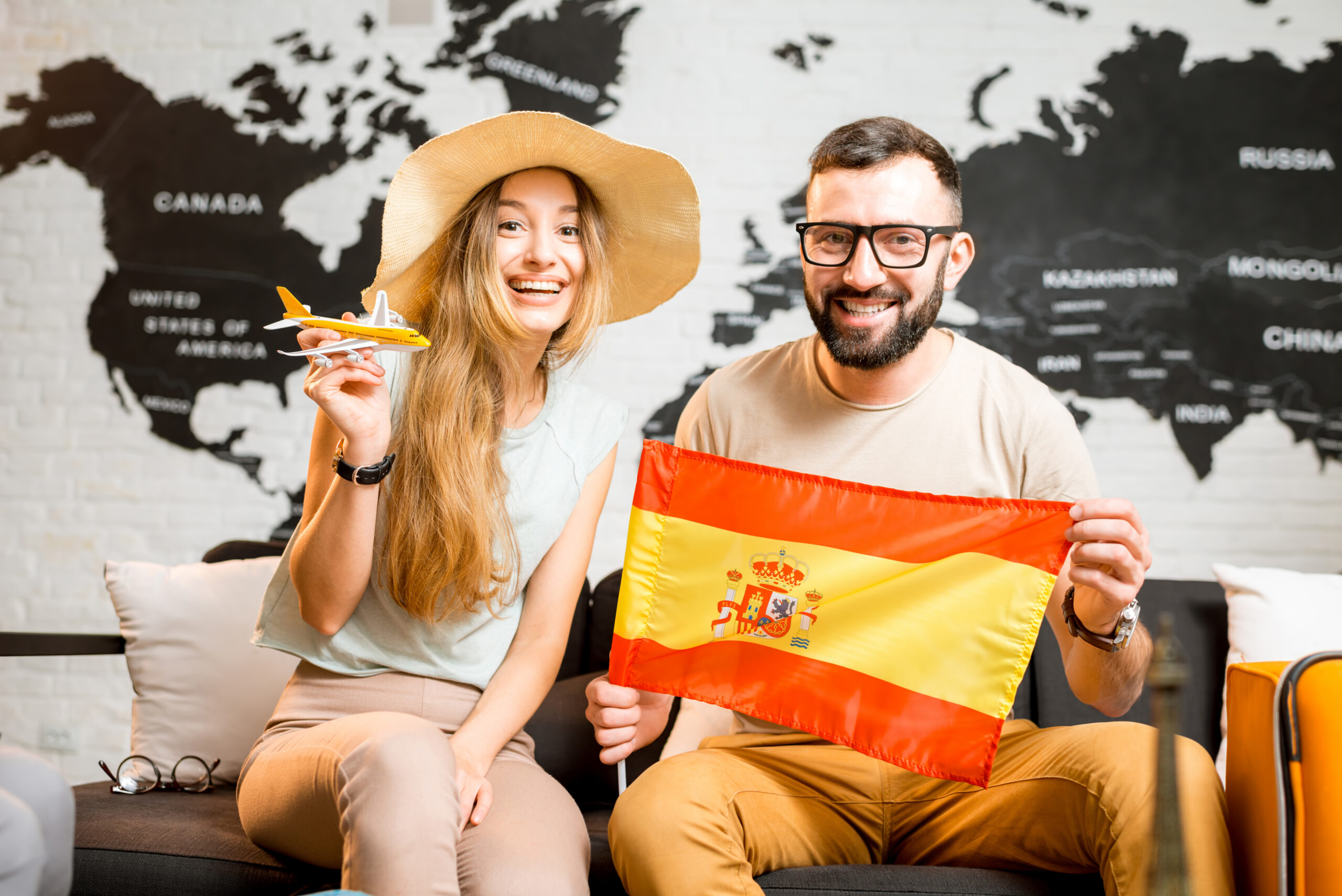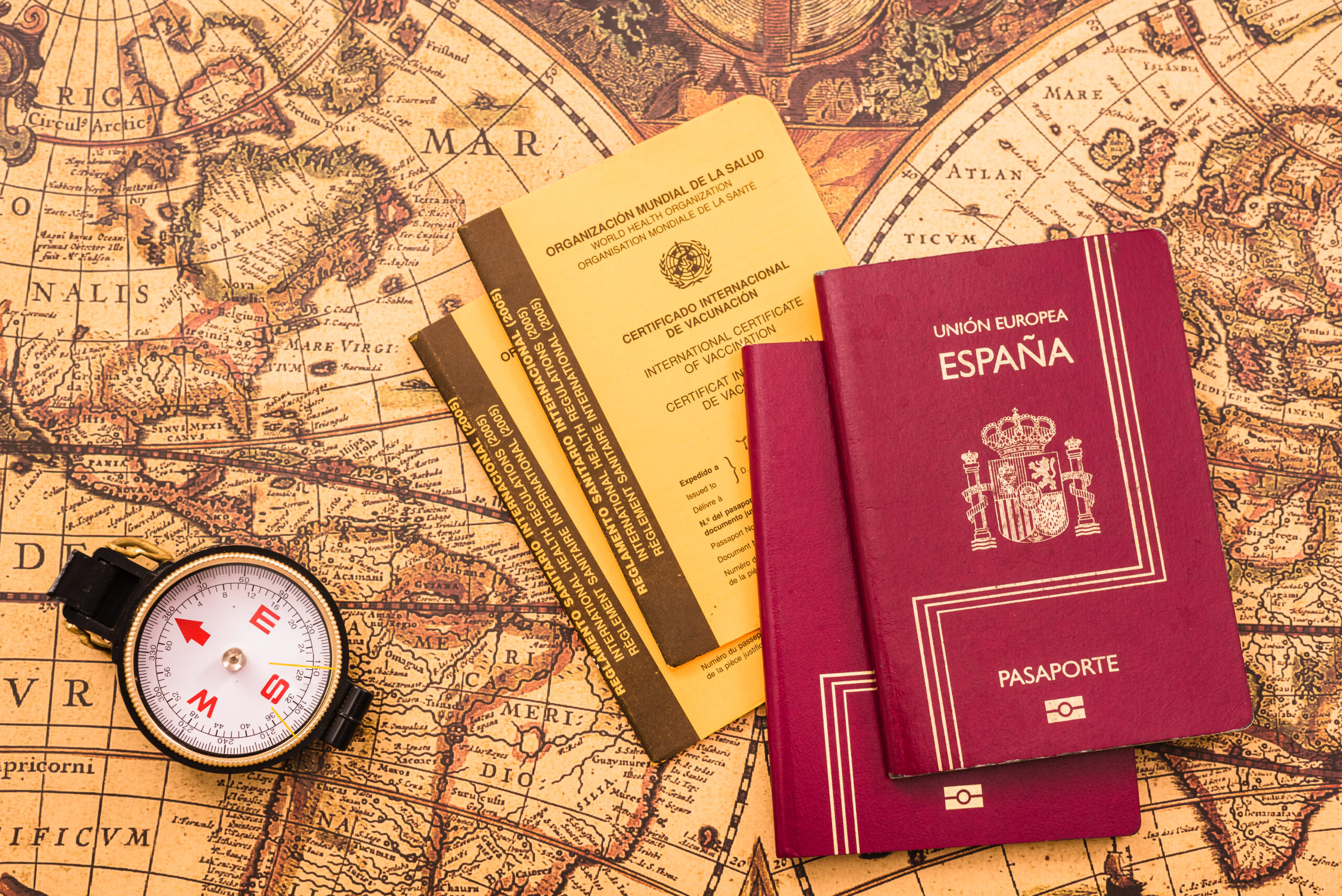7 Proven Steps for a Seamless Migration: Your Ultimate Guide to Moving Abroad
- Home
- 7 Proven Steps for a Seamless Migration: Your Ultimate Guide to Moving Abroad

7 Proven Steps for a Seamless Migration: Your Ultimate Guide to Moving Abroad
Migration has become a defining aspect of modern life as people increasingly seek new opportunities, better living conditions, or career growth across borders. However, the process of moving abroad can seem overwhelming if you’re unfamiliar with the required steps. This comprehensive guide provides the 7 proven steps for a seamless migration, offering valuable insights into planning, execution, and post-relocation adaptation. Whether you’re migrating for work, study, or personal reasons, these tips will ensure you’re well-prepared to tackle the journey ahead.
Why Migration Matters in a Globalized World
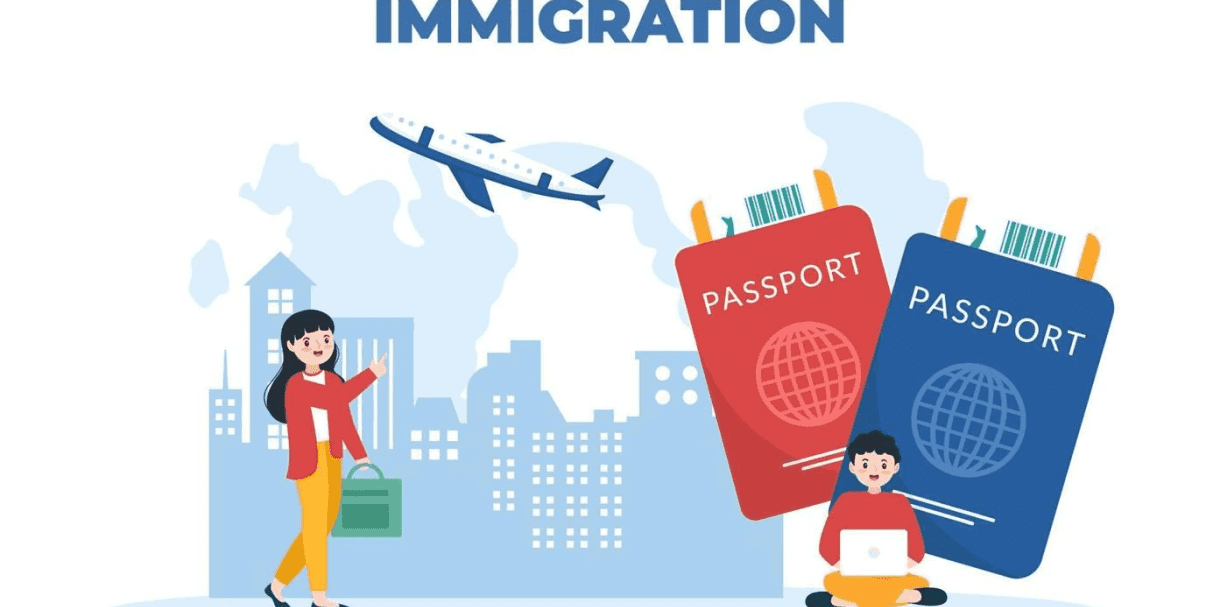
Migration is a crucial part of the globalized economy and society. It allows individuals to access better education, employment opportunities, and healthcare while contributing to cultural exchange and economic development in host countries. Whether you’re migrating for work, education, or lifestyle changes, it’s essential to plan effectively to minimize disruptions.
In 2024, migration continues to evolve, with governments implementing policies that both encourage and regulate the flow of individuals across borders. Understanding the migration process is vital to ensuring a smooth transition, minimizing stress, and avoiding legal or financial complications. Let’s delve into the 7 proven steps for a seamless migration.
Step 1: Research Your Destination Country
Migration is much more than just moving from one place to another. It involves understanding the culture, legal requirements, and social environment of your destination country. Your first step should be comprehensive research.
Key Considerations for Your Research
- Visa Requirements: What kind of visa do you need? Work, student, or residency visa? Every country has its specific visa types and requirements, so ensure you understand which applies to you.
- Cost of Living: Compare the cost of living in your current location to your destination. Research housing, transportation, groceries, and healthcare costs.
- Language and Culture: If you’re migrating to a non-English-speaking country, assess the need to learn the local language and understand its cultural nuances.
- Job Market and Opportunities: Check for job availability and industry growth, particularly in your field. You may need to verify if your qualifications are recognized abroad or if additional certifications are required.
- Health Insurance: Look into the healthcare system. Many countries require migrants to have health insurance before arrival, so ensure you know what coverage you’ll need.
Migration Research Resources
- Government Websites: These often provide clear information on visas and residency options.
- Expat Blogs and Communities: Hear directly from people who have already migrated to the country.
- Online Cost-of-Living Calculators: Tools like Numbeo offer comparisons of living expenses between countries.
Step 2: Understand the Legal Requirements for Migration
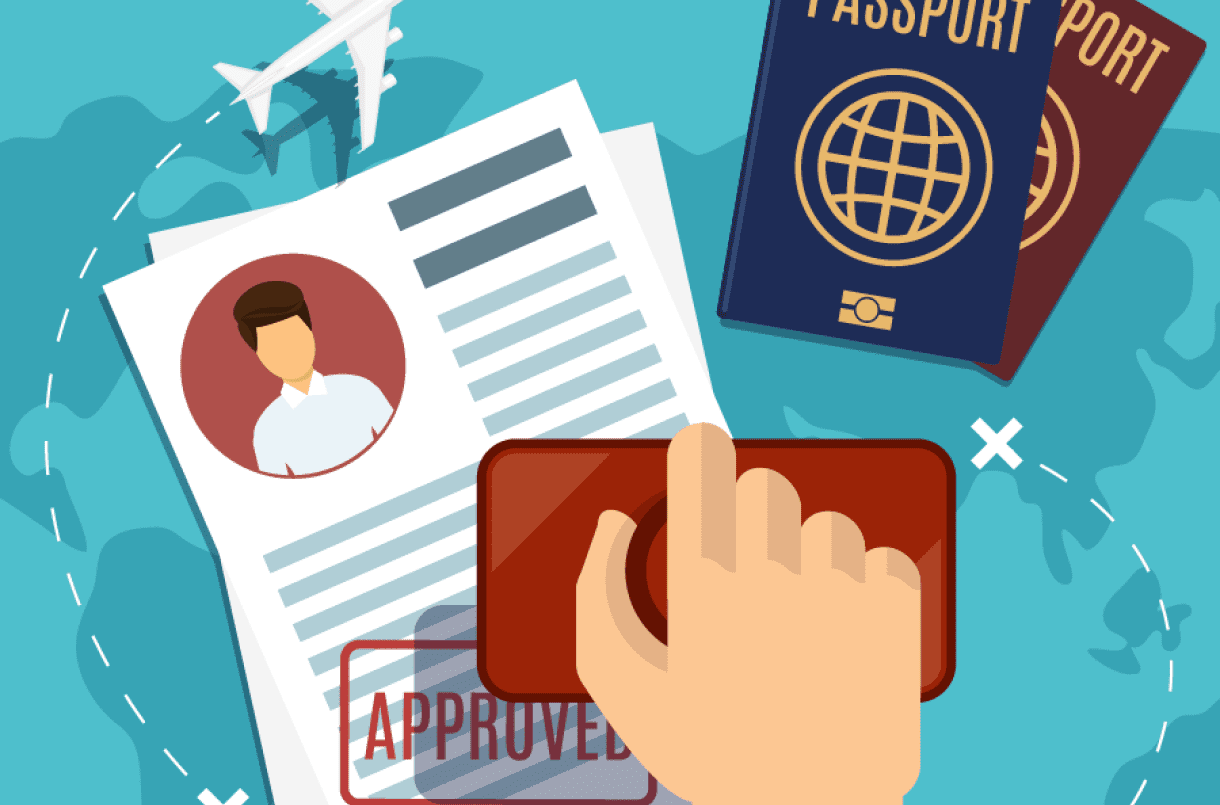
Once you’ve completed your research, the next step involves navigating the legal aspects of migration. Moving abroad requires adherence to strict immigration laws, and failure to comply can lead to delays, penalties, or even deportation.
Visa Applications
Each country has different visa application processes, but generally, you’ll need to:
- Complete an Application Form: Include all relevant personal and travel details.
- Provide Supporting Documents: This may include a passport, proof of financial stability, criminal background checks, and health records.
- Attend an Interview: Some visa types, such as work or residency visas, may require a face-to-face interview at the consulate or embassy.
- Pay Fees: Visa fees vary based on the country and visa type.
Make sure you apply for the correct visa that fits the purpose of your stay, whether it’s a student visa, work visa, family reunion, or long-term residency permit.
Work Permits and Residency
If you’re migrating for employment, a work permit is often required. Some countries issue temporary residency based on work contracts, while others offer permanent residency based on investment, job offers, or specific talent programs.
Ensure your qualifications are recognized in the new country and that your employer provides the necessary documentation for your work permit.
Step 3: Financial Planning for Migration
Migration involves significant financial commitments, from visa fees to securing housing and arranging international transportation. Effective financial planning ensures you can comfortably handle both the upfront costs and ongoing expenses.
Budgeting for Migration
Consider the following when planning your migration budget:
- Visa and Immigration Fees: Factor in all costs related to visa applications, document translations, and other legal procedures.
- Moving Costs: Include the cost of transporting your belongings, plane tickets, and any temporary accommodation.
- Rent or Housing Costs: Research housing markets in your destination. In some countries, you may be required to pay a few months’ rent in advance.
- Cost of Living: Estimate monthly expenses in your new home, including groceries, utilities, transportation, and entertainment.
- Emergency Fund: Always keep an emergency fund in case of unforeseen costs, such as medical emergencies or legal fees.
Access to Banking
Setting up a local bank account in your new country is essential for managing everyday expenses. Many banks offer migrant-friendly services, such as multi-currency accounts, online banking, and international transfers.
Step 4: Secure Housing Before Migration
Finding suitable accommodation is one of the most important aspects of migration. Whether you choose to rent or buy, securing housing before you migrate is crucial for ensuring a smooth transition.
Rental vs. Purchase
- Renting: Renting is typically the best option for new migrants as it provides flexibility and requires less financial commitment. Look for short-term rental options if you’re unsure about the area.
- Purchasing Property: If you’re planning a long-term stay, purchasing property might be an investment opportunity. Research the real estate market, mortgage options, and legal requirements for foreign buyers.
Factors to Consider
- Proximity to Work or School: Choose a location that reduces your commute to work, school, or other key places.
- Public Transportation: If you don’t plan to buy a car, ensure your new home is close to reliable public transportation options.
- Safety and Amenities: Research the neighborhood for safety, nearby shops, restaurants, healthcare facilities, and recreational spaces.
Step 5: Arrange for Healthcare and Insurance
Healthcare coverage varies significantly from country to country, and many nations require migrants to have health insurance before entering. You’ll need to ensure that you and your family are covered in case of illness or injury.
Public vs. Private Healthcare
- Public Healthcare: Some countries offer subsidized or free healthcare to residents and citizens. However, public healthcare services might have long waiting times.
- Private Healthcare: Private insurance ensures faster access to medical services and specialists but comes with additional costs.
Insurance for Migrants
In many cases, migrants need international health insurance to cover their medical expenses during their stay abroad. Some policies even cover repatriation costs in case of a severe medical emergency. Research insurance providers that specialize in expatriate healthcare to find the best policy for your needs.
Step 6: Prepare for the Cultural and Social Adjustment
Cultural adaptation is a vital part of migration. Moving to a new country often comes with a significant culture shock, and it’s important to be prepared for differences in language, customs, and social norms.
Language Learning
- Language Barriers: If your destination country speaks a different language, learning the basics before migrating will help you integrate more easily. Knowing key phrases can make day-to-day interactions more comfortable and less stressful.
- Language Courses: Consider enrolling in language courses, either before you migrate or upon arrival. Many governments offer subsidized language classes for new migrants.
Cultural Integration
- Join Expat Communities: Connect with other migrants or expatriates through social groups or online communities. These networks can offer support, share experiences, and provide valuable tips on adapting to your new home.
- Engage with Locals: To integrate more fully, engage with locals through cultural events, language exchanges, or volunteering opportunities. This will help you understand the customs and values of your new country.
Step 7: Finalize the Migration Process and Settle In
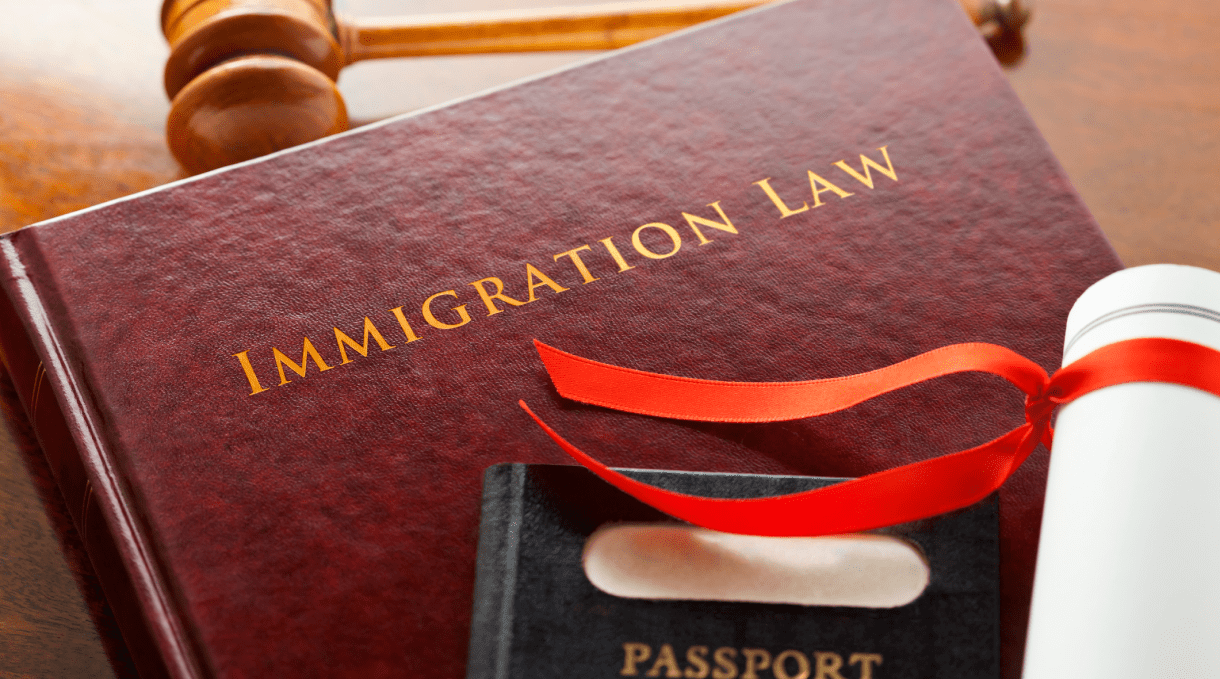
Once you’ve arrived at your destination, the final step is settling into your new life. This includes setting up basic services, integrating into the community, and ensuring all legal requirements are fulfilled.
Register with Local Authorities
Most countries require migrants to register with local authorities once they arrive. This could include:
- Obtaining a Residency Permit: If your visa is approved, you’ll likely need to apply for a residency card upon arrival.
- Registering with Tax Authorities: Ensure you are registered with the local tax office, as you may need to declare global income.
- Enrolling in Healthcare: If you’re eligible for public healthcare, register with the system as soon as possible.
Employment and Education
If you’re migrating for work, ensure that your employment contract is in place and you understand your rights as a migrant worker. If you have children, make sure they are enrolled in school or daycare, and familiarize yourself with the education system.
Conclusion
Migration is a life-changing decision that opens up a world of opportunities for you and your family. However, the process can be complex and requires careful planning. By following these 7 proven steps for a seamless migration, you can navigate the challenges with confidence and start your new life abroad with ease.
Whether you’re pursuing better career opportunities, a higher quality of life, or simply seeking adventure, preparation is key to a successful migration. Thorough research, understanding legal requirements, financial planning, and cultural adaptation are all crucial elements to ensuring that your move abroad is smooth and rewarding.
Key Takeaways:
- Research Your Destination: Know the visa requirements, job market, and cost of living.
- Understand Legal Requirements: Ensure you comply with all visa and work permit regulations.
- Plan Your Finances: Budget for all migration-related costs and open a local bank account.
- Secure Housing: Find accommodation before you arrive.
- Arrange Healthcare: Get adequate insurance and familiarize yourself with the local healthcare system.
- Cultural Adaptation: Learn the language and engage with the local culture.
- Settle In: Register with local authorities and ensure your employment or education plans are in place.
With proper preparation, your migration experience can be a smooth and enriching process. Embrace the new opportunities that await, and take the necessary steps to ensure a successful transition into your new life abroad
Why Choose Spain? The Benefits of Living in Spain in This Vibrant Country
Immigration to Spain | Everything you need to know about traveling to Spain 2025
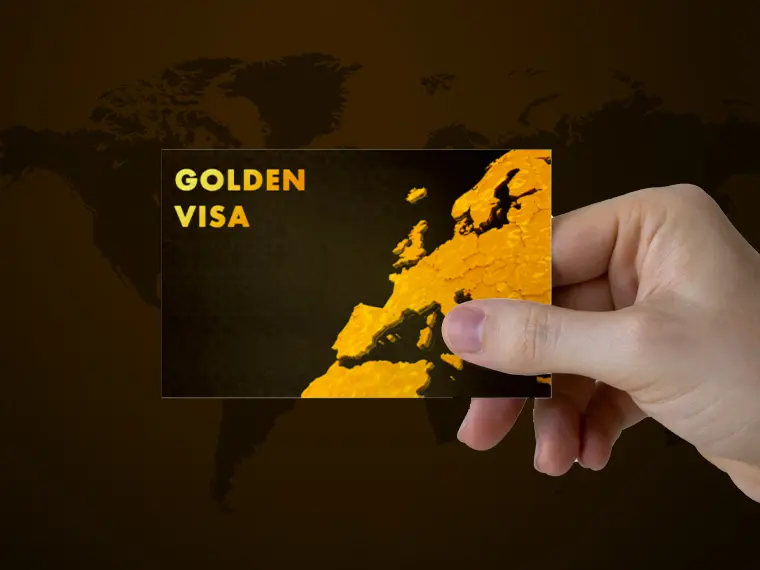
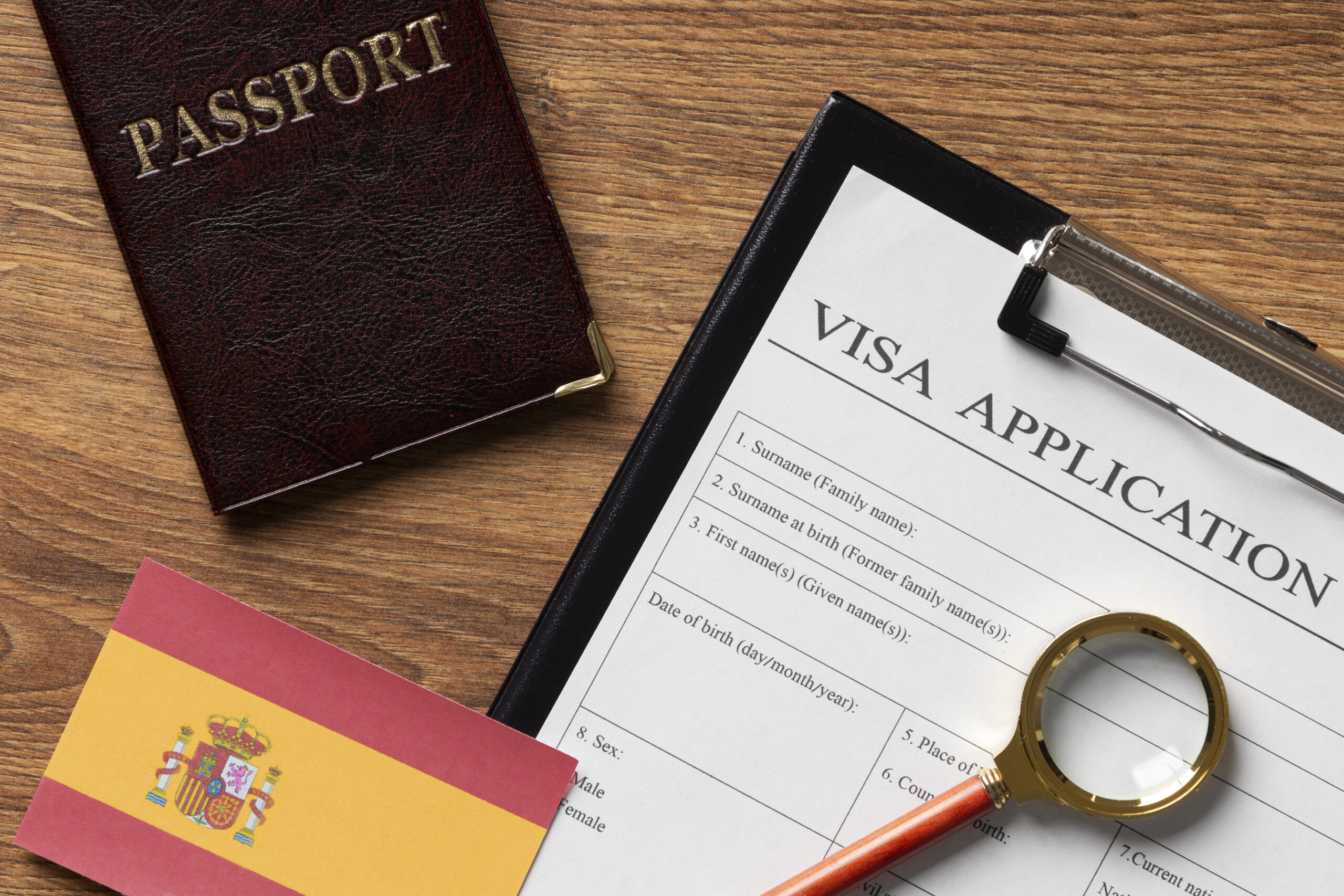
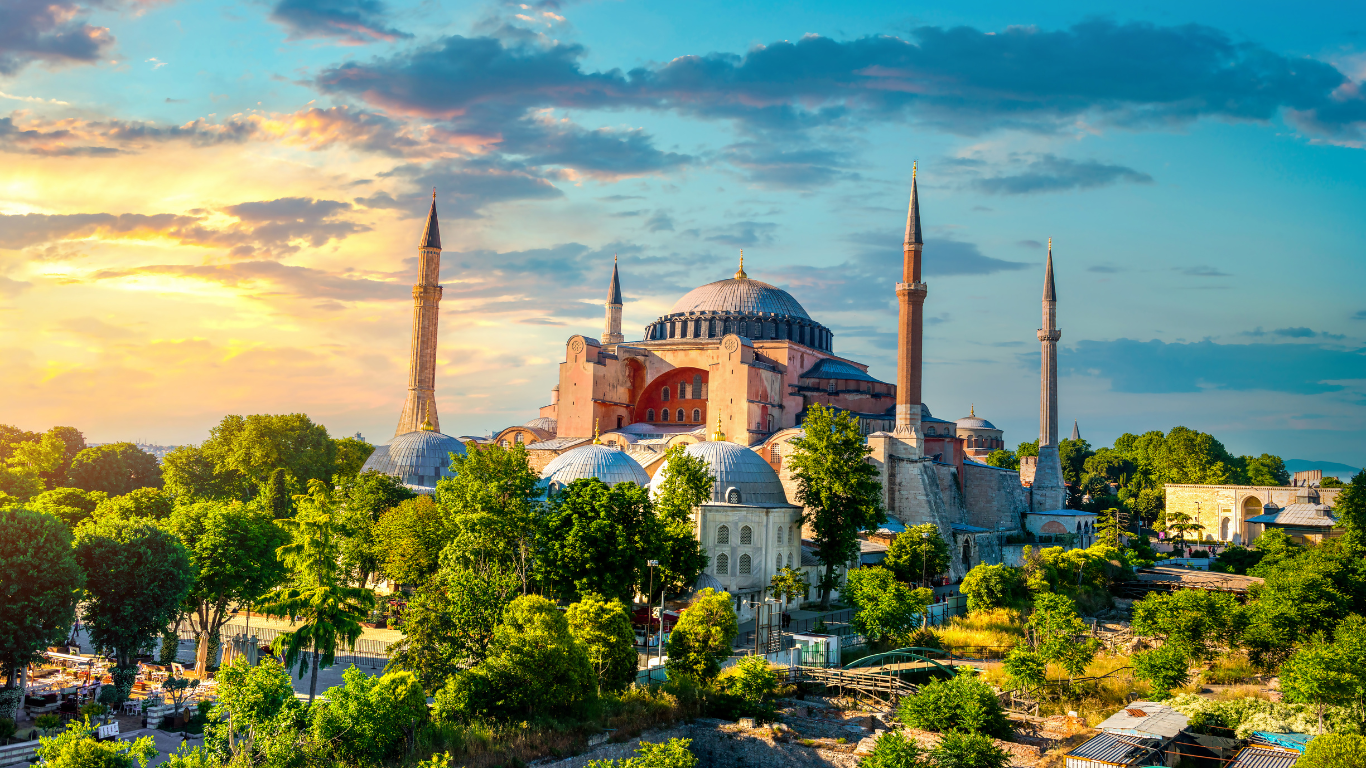
 Contact Us
Contact Us 



